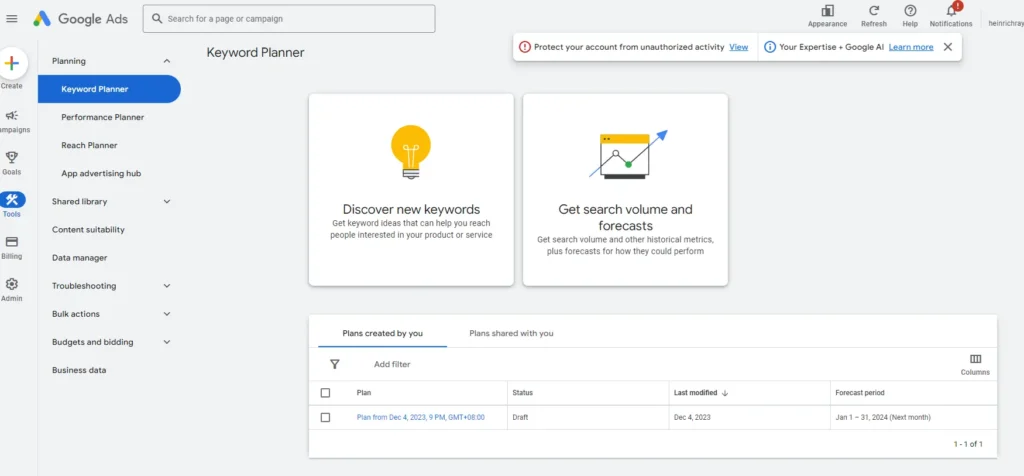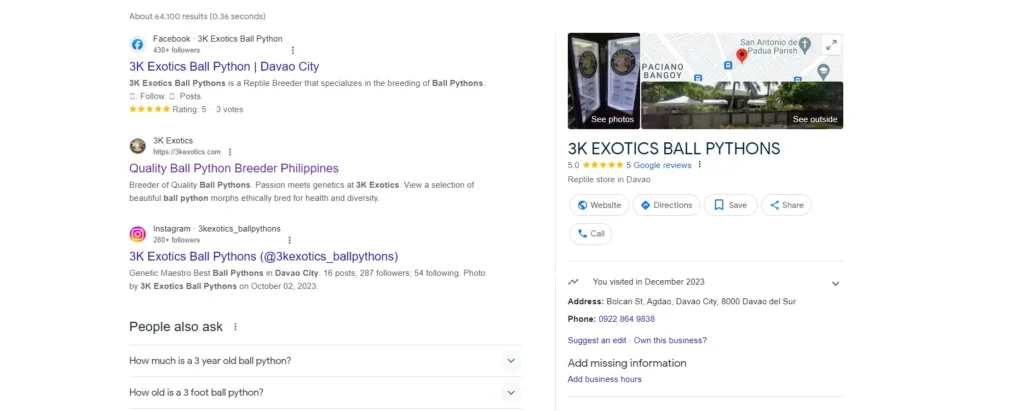Achieving a high ranking in search engine results is the holy grail of digital marketing. While mastering SEO can be complex, implementing some fundamental strategies can significantly boost your website’s visibility and traffic. Here are essential tips to help you improve your SEO ranking and outrank the competition.

1. Conduct Keyword Research:
Keywords are the foundation of SEO. Start by identifying relevant keywords and phrases that your target audience is searching for. Use keyword research tools like Google Keyword Planner, SEMrush, or Ahrefs to discover high-volume keywords with moderate competition. Focus on long-tail keywords that are specific to your niche to attract more qualified traffic.
2. Optimize On-Page Elements:
Optimize your website’s on-page elements to improve its relevance and visibility to search engines. Key areas to focus on include:
- Title Tags: Craft descriptive and keyword-rich title tags for each page to accurately convey its content.
- Meta Descriptions: Write compelling meta descriptions that entice users to click on your search results.
- Heading Tags: Use hierarchical heading tags (H1, H2, H3, etc.) to structure your content and highlight important topics.
- URL Structure: Create clean and concise URLs that include relevant keywords and reflect the page’s content.
3. Create High-Quality Content:
Content is king in the world of SEO. Develop high-quality, informative, and engaging content that addresses the needs and interests of your target audience. Incorporate your target keywords naturally throughout your content while ensuring readability and relevance. Regularly update your content to keep it fresh and reflect any changes in your industry or audience preferences.
4. Optimize for User Experience:
Search engines prioritize websites that deliver a positive user experience. Improve your website’s usability and performance by:
- Mobile Optimization: Ensure your website is mobile-friendly and responsive to provide a seamless experience across all devices.
- Page Speed: Optimize your site’s loading speed by minimizing unnecessary scripts, compressing images, and leveraging browser caching.
- Navigation: Design intuitive navigation menus and site structure to help users find information easily.
5. Build Quality Backlinks:
Backlinks are crucial for establishing your website’s authority and credibility in the eyes of search engines. Focus on acquiring high-quality backlinks from reputable and relevant websites in your industry. Reach out to influencers, industry publications, and other webmasters to earn natural backlinks through guest posting, content partnerships, and networking.

6. Leverage Local SEO:
If you have a physical location or serve specific geographic areas, optimize your website for local search. Claim and optimize your Google My Business listing, ensure consistent NAP (Name, Address, Phone Number) information across online directories, and encourage positive reviews from satisfied customers. Local SEO tactics can help you rank higher in local search results and attract nearby customers.
7. Monitor and Analyze Performance:
Regularly monitor your website’s performance using tools like Google Analytics and Google Search Console. Track key metrics such as organic traffic, keyword rankings, click-through rates, and conversion rates to assess the effectiveness of your SEO efforts. Use this data to identify areas for improvement and refine your SEO strategy over time.
By implementing these fundamental SEO tips, you can enhance your website’s visibility, attract more organic traffic, and climb the ranks in search engine results pages. Remember that SEO is an ongoing process, so stay informed about industry trends, algorithm updates, and best practices to maintain and improve your rankings over time.



